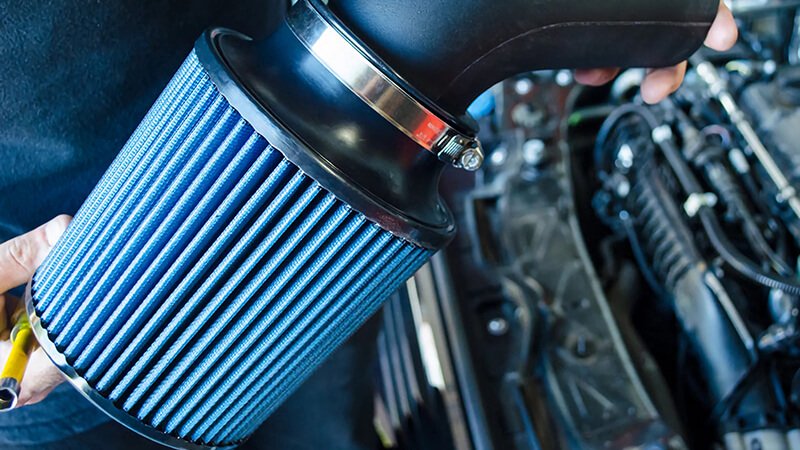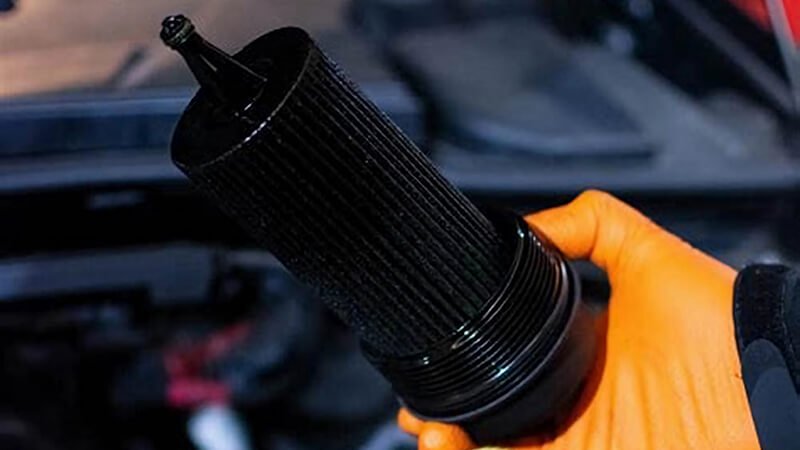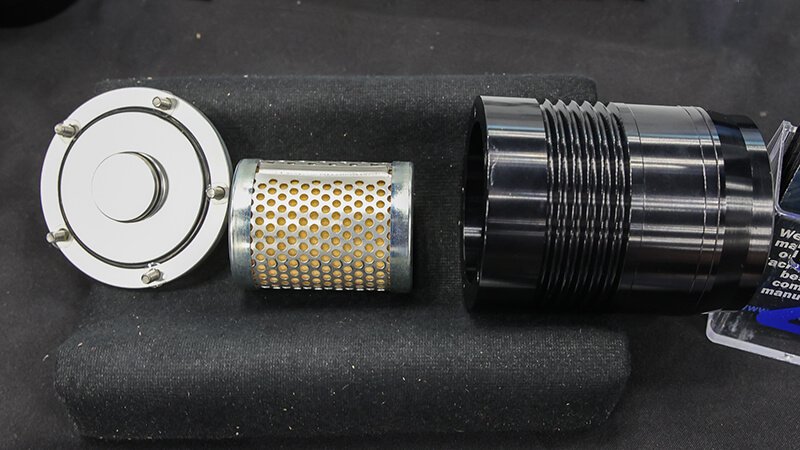Modern engines, advanced oil filters, and evolving maintenance practices create confusion around one simple question: should you pre-fill the oil filter? Let’s break it down and look at what really matters.
No, you don’t always need to pre-fill an oil filter before changing it. Runex Auto oil filters are designed to prime quickly, protecting your engine within seconds of startup. But in some cases, pre-filling can provide added peace of mind.
Many fleet managers, mechanics, and distributors wonder about this step. I want to explain when it matters, when it does not, and how Runex Auto oil filters support smooth and reliable engine performance.

Should you prefill an oil filter before installing?
Modern oil filters and engines have changed how we handle oil changes. The old rule about always pre-filling the filter may not apply today. But it still has a place in certain use cases.
You don’t have to pre-fill an oil filter before installation in most cars. Runex Auto oil filters feature advanced anti-drainback valves and efficient media, ensuring quick oil flow on startup. For heavy-duty engines, pre-filling helps avoid dry starts, which can reduce noise and wear.
When does pre-filling matter?
For light passenger cars, modern oil systems and high-quality oil filters like those from Runex Auto reduce the need for pre-filling1. Our filters prime within seconds. But for larger engines — think delivery vans, fleet trucks, or agricultural machines — I recommend pre-filling. It prevents those dry first seconds after oil changes that can create unnecessary wear.
What does Runex Auto offer?
| Feature | Benefit |
|---|---|
| Anti-drainback valve | Prevents oil from draining out of the filter, protecting during startup |
| High-flow media | Allows rapid oil circulation, reducing the risk of dry starts |
| Robust build | Withstands pressure surges common in larger engines |
When I worked with a distributor serving fleet vehicles, they saw quieter starts and fewer warranty claims once they adopted this simple step. It showed customers they cared about long-term engine health.

Do I need to empty oil to change the oil filter?
This question comes up a lot, especially with fleet servicing teams. The fear is always about mess, contamination, or incomplete oil changes.
Yes, you should drain the old oil before changing the oil filter. This ensures no old, dirty oil stays trapped and that the fresh oil stays clean. Runex Auto filters are designed for clean removal and replacement when you follow this step.
Why draining matters
If you don’t drain the old oil, dirty oil could stay behind in the system. That can reduce the performance of your new oil filter. It can also shorten engine life. Runex Auto oil filters2 are easy to remove thanks to their precise design. A clean oil change3 ensures that the filter’s full capacity and flow are put to use.
Steps for clean oil filter changes
| Step | Purpose |
|---|---|
| Warm engine slightly | Helps old oil flow out smoothly |
| Fully drain oil | Removes contaminants |
| Replace filter with new Runex Auto oil filter | Ensures perfect seal and fit |
| Refill with fresh oil | Keeps system clean and protected |
Over the years, I’ve seen that this careful approach helps reduce customer complaints about engine sludge4 and early wear.

Should you pour oil into a new filter?
This is where opinions often clash. Mechanics and fleet managers debate it at conferences, in shops, and online forums. The truth depends on the engine and the filter.
It’s not required to pour oil into a new filter before installing it, especially with Runex Auto oil filters. Our filters prime quickly. But for large engines, pre-filling the filter reduces dry start risk. It’s a small step that can make a big difference in customer trust.
When pouring oil helps
When I advise heavy-duty fleet clients, I often recommend pouring oil into the filter. This avoids dry starts5, which can create noise and stress components. Delivery vans and trucks benefit from this small effort. One distributor we worked with saw warranty claims drop after adding this to their standard oil change process6.
Runex Auto’s oil filter features
| Feature | How it helps |
|---|---|
| Fast-priming design | Reduces need for pre-fill in most cars |
| Strong anti-drainback valve7 | Keeps oil ready at startup |
| Large capacity | Handles higher oil flow of larger engines |
This balance of features means you can trust Runex Auto oil filters to perform — whether or not you pre-fill them.

Can I fill oil without changing the filter?
Sometimes people want a quick top-up without a full oil change. Maybe it’s between services, or maybe they’re short on time. But is this a good idea?
Yes, you can fill oil without changing the filter, but it’s not ideal for long-term engine health. The filter still traps old debris. Runex Auto oil filters are designed for long life, but replacing the filter when adding oil keeps your engine cleaner.
When should you change the filter too?
Adding oil without changing the filter is okay in emergencies. Maybe oil levels dropped unexpectedly8. But I always advise clients to schedule a full change soon after. This keeps engines running at their best. Our filters at Runex Auto are built for durability, but even the best filter can’t clean forever.
Filter change and top-up best practices
| Scenario | What to do |
|---|---|
| Low oil between changes | Top up, but monitor levels and schedule change soon |
| After heavy use or long trip | Change filter and oil together |
| Regular service interval | Always change both for best results |
When I help fleet clients, I stress the long-term cost savings of regular full changes9. It reduces breakdowns and builds customer confidence.

Conclusion
Choosing whether to pre-fill an oil filter10 or when to change it can feel like a small detail. But small details build trust and protect engines. Runex Auto oil filters are designed for modern engines and demanding conditions. Our filters prime fast, protect during startup, and fit securely. But when in doubt — especially with heavy-duty engines — take the extra step. It shows your customers and partners that you care about their vehicles as much as they do.
-
Understanding pre-filling can help you maintain your engine's health and longevity, especially for larger vehicles. ↩
-
Explore the advantages of Runex Auto oil filters to understand how they enhance engine performance and longevity. ↩
-
Learn why maintaining a clean oil change is crucial for your engine's performance and lifespan. ↩
-
Discover the causes of engine sludge and effective prevention methods to keep your engine running smoothly. ↩
-
Understanding dry starts can help you appreciate the importance of oil management in engine performance. ↩
-
Discover best practices for oil changes that can enhance vehicle longevity and reduce warranty claims. ↩
-
Learn about the role of anti-drainback valves in maintaining oil pressure and engine health. ↩
-
Learn how to handle unexpected oil level drops effectively to prevent engine damage and ensure smooth operation. ↩
-
Discover the advantages of regular full changes to save costs and improve vehicle reliability over time. ↩
-
Find the best OEM oil filter from Runex Auto. ↩












